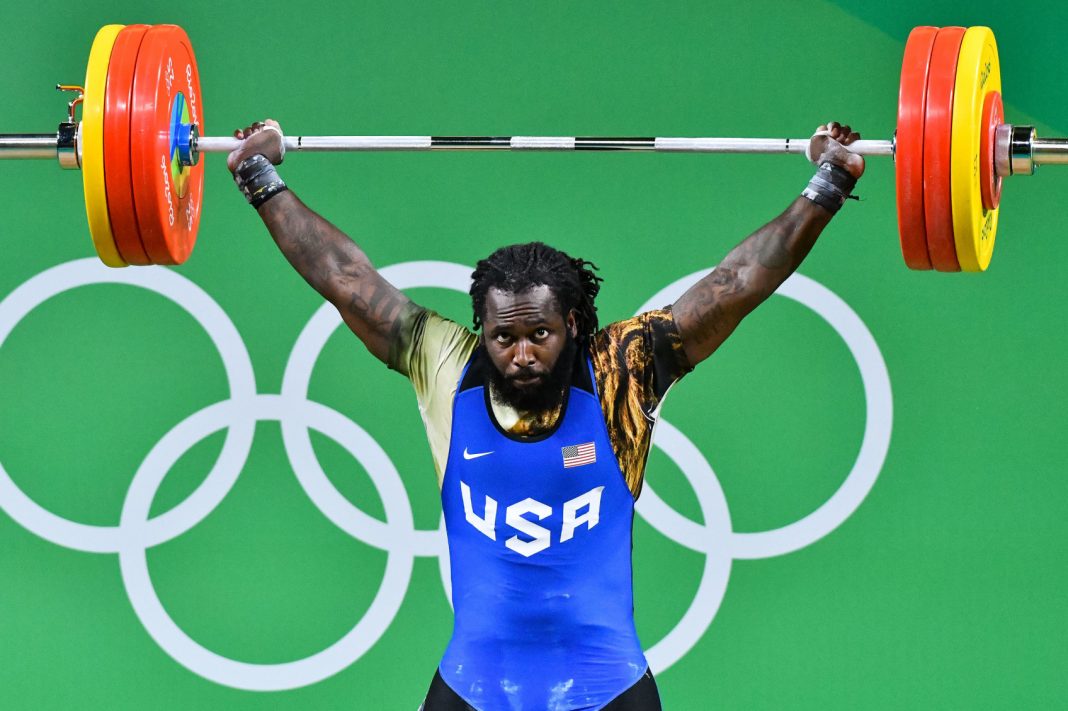USA Weightlifting CEO Phil Andrews discusses the impact COVID-19 has had on Olympic national governing bodies. Moreover, he highlights the initiatives his federation has put in place to adapt to this ever changing landscape.
Businesses of all sizes have been heavily affected by COVID-19 and for many organisations the financial implications are so severe that their long-term future is no longer secure.
No industry is exempt from the impact in one way or another, and sport is just one industry where many have been left struggling to pay the bills without the usual income streams.
With the postponement of the Tokyo 2020 Olympic and Paralympic Games, all national governing bodies (NGBs) have had to review their funding models and do even more to ensure that every penny is accounted for.
At USA Weightlifting, we’re fortunate that we do not rely heavily on event income as part of our funding model, but for some it accounts for the majority of the capital that they raise, and their margin will be squeezed.
That is not to say we don’t host several competitions however, and as we have been looking at the costs involved in hosting sporting events post-COVID-19, even the most conservative estimates indicate that a vast increase in investment will be required.
It’s a point that is easy to overlook and without the financial backing that other high-profile sports receive, many organisations will struggle to survive.
Some of the increased expenses that we can expect to occur include:
- More equipment because it can no longer be shared and equipment must be taken out of action after use for cleaning.
- Additional trucks required to transport the equipment from venue to venue.
- An increase in the number of staff members required to ensure access control is strictly adhered to and to screen athletes and clean the equipment.
- More venue space, which could lead to an increase in rental fees.
- An increase in protective equipment, such as germ screens and disinfectant tunnels.
- Shared rooms no longer an option for athletes, officials, and other staff members.
- Greater catering fees with buffet-style food no longer feasible.
The combination of this additional expenditure would likely lead to large-scale events costing upwards of £25,000 per day more than they would have in 2019.
Some of these costs will be specific to weightlifting, but there is no doubt that all sports will face similar challenges even in the absence of fans inside venues.
This will be a major concern for many organisations as they face lost revenue following the postponement of Tokyo 2020, as well as the likely reduction in sponsorship budgets as the financial pinch is felt across the board.
It’s not just NGBs and clubs that will be affected, with several cities relying on the event industry as a major income generator, and sport is often good at filling holes in schedules.
To combat these increased costs, we’ve moved a number of our offerings online and we’ll continue to host virtual events going forward as this provides a significant cost saving.
Collaboration with other federations and governing bodies to share knowledge and resources is also critical to ensure long-term survival, something we have already started to address in our events department.
We’ve also made the decision to move forward some of our fundraising plans, sensitive to the current environment, to ensure that our outreach programs are helping people in need from disadvantaged areas.
A key factor moving forward will be how we manage the additional costs associated with producing events and looking to share the burden with cities and venues for the benefit of all parties.
We have already adjusted our events calendar and partnered with two other US NGBs as well as the Canadian Weightlifting Federation to provide economies of scale related to events, thus reducing costs for ourselves and our member clubs, coaches and athletes.
As well as increased costs, the pandemic has also led to rules and regulations being affected across many sports, such as more substitutions being allowed in soccer.
The mid-term impact for USA Weightlifting is going to be an adaptation of the rulebook and operating procedures for events, especially in regard to a return to competition restrictions.
There will also be impacts on capacity, due to the anticipated reduction of income with many NGBs forced to reduce staff, programming or both during the pandemic.
As ever in times of crises, organisations that are able to be flexible and agile will be best placed to dig themselves out of the hole and survive in the long-term.
























